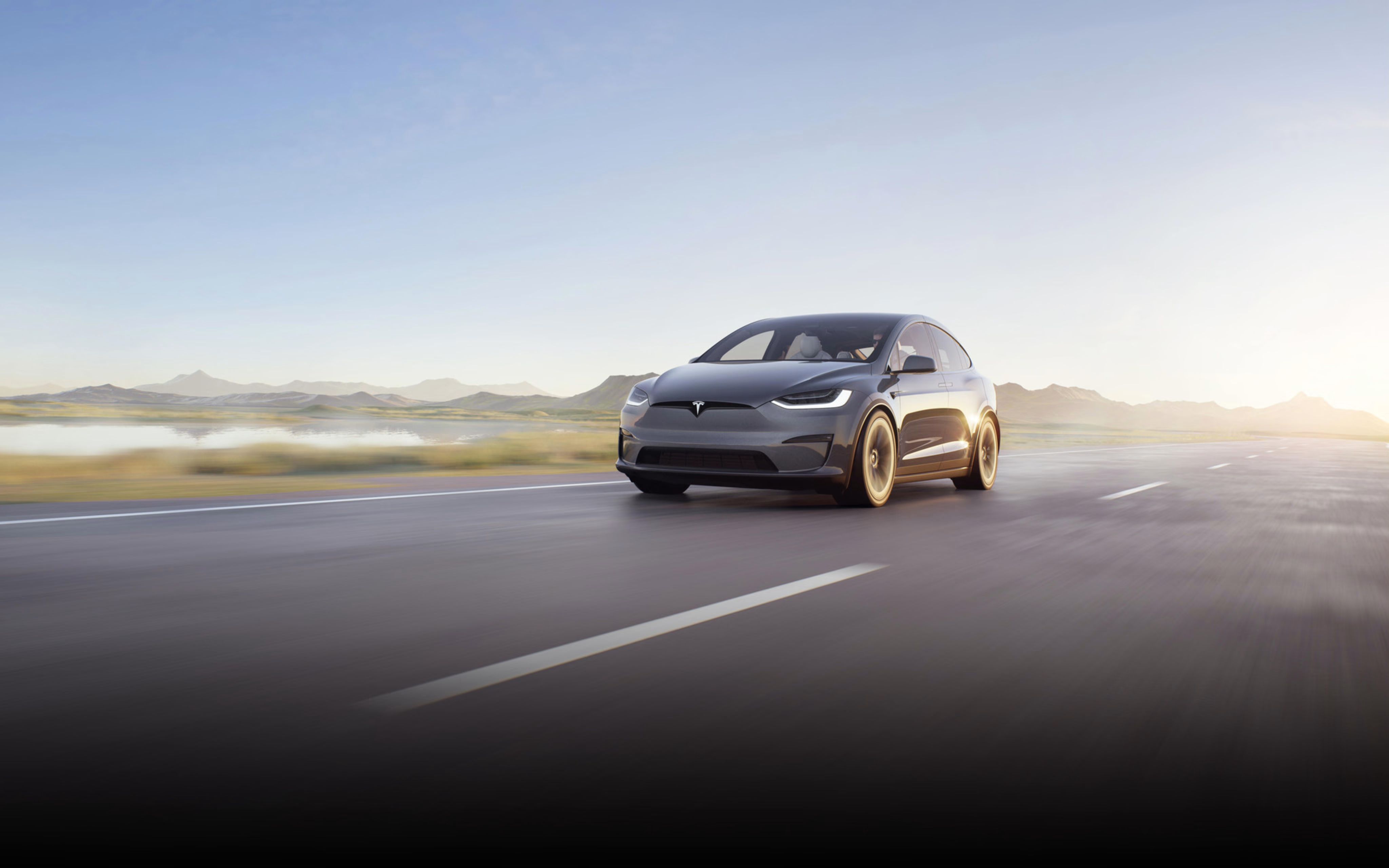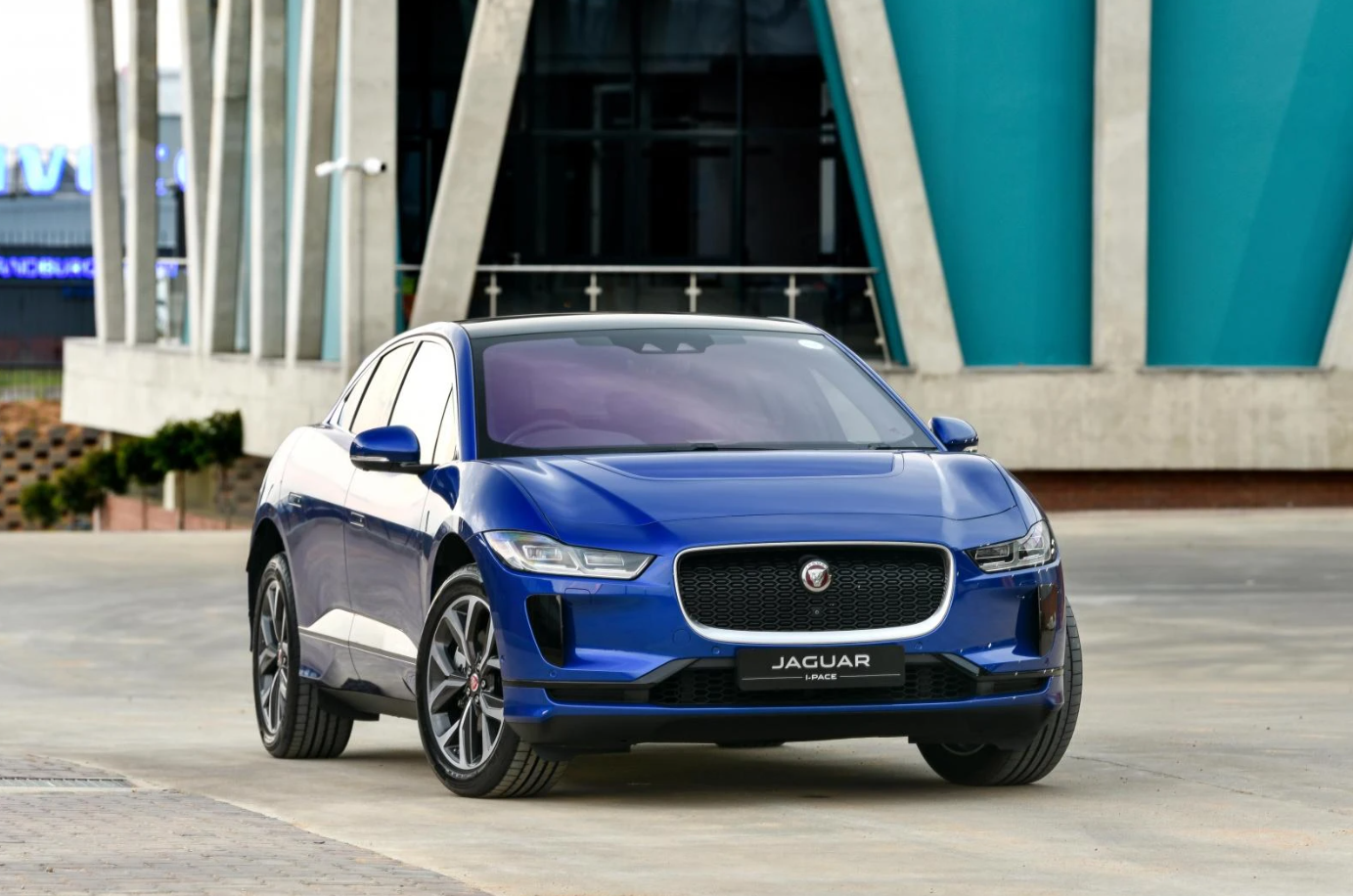
Electric vehicles are becoming ubiquitous, and with ever-rising global demand, there's no doubt that eventually, all cars would most likely be electric in the foreseeable future. Most of the world has EVs roaming the streets, and some people have bought an EV for their collection or opted for an EV as a first-time buyer.
Why would people do this?
Apart from significantly reduced costs in the long term, countries like London, for example, provide cashback when purchasing an EV because you're not causing any pollution, and you're not harming birds by snapping their beaks off. It's their way of saying thank you.
Electric vehicles are also really quick. Now, for most, this isn't really something that concerns them. However, for petrolheads and people who like to go fast, that's a bonus. Electric vehicles provide you with that instant torque you need. This is due to there being no "lag" in the engine, and it gets up to speed immediately.
Since its inception, EVs have always created cause for concern from a safety point of view, mileage, practicality, and an array of others. If an electric car catches alight, it's not easy to extinguish, and it will keep combusting long after the fire has been put out as the dead cells in the battery will create a ripple effect, also known as thermal runaway.
What are the drawbacks of an EV?
Mileage is always a big one. Most EVs never achieve the acclaimed range the manufacturer states. However, the range capabilities on an EV are usually done in a controlled environment. With fast and super-charging stations popping up everywhere around the globe, it has reduced the charging time for your car significantly. Before the introduction of said facilities, you would have to wait an extensive amount of time for them to gather enough power to get you about halfway home.
Present-day, you can charge your car fully in a fraction of the time given that you have access to the correct charger. They are mostly placed on highways where there are restaurants or shops, so you won't even feel affected by this. That being said, replacing a set of batteries in an EV will set you back a good chunk of change, and it will need replacing because it's a battery, roughly about 5-6 years. These costs could differ depending on availability, supply and demand, etc. But you'd probably be trading it in, so the onus won't be on you.
However, with technology advancing rapidly, the lifespan of batteries is ever-increasing. Who knows, in the future one might not even need to replace them.

Getty Images: Jackyenjoyphotography
Why Tesla changed the game.
The "Godfather of EVs" and fellow South African, Elon Musk, has taken the rule book and thrown it down the drain. He decided to make a car that no one had seen before or driven. Fast-forward a few years, and the name Tesla is a commercial giant, attributed to the famous inventor Nikola Tesla.
Tesla was incorporated in July 2003 by Martin Eberhard and Marc Tarpenning as Tesla Motors. Originally, they never owned the name. Musk had jokingly said that they had to send their most sincere and persuasive staff member to badger him until he (The rightful owner of the name) sold them the name for $75,000, which in today's money would be a whopping R1,483,095.
Being the innovation giant, many companies have tried to incorporate the tech available in their cars and models. Self-driving tech is among the innovations, although it seems they haven't quite cracked it yet. Many manufacturers have tried to implement self-driving tech in their vehicles. Tesla has invested millions in the development of this; however, the closest they could come at this point is their autopilot system.
In terms of Tesla's Autopilot system, it is an advanced driver-assistance feature that offers semi-autonomous capabilities. It can guide the car on highways, including suggesting lane changes, navigating interchanges, and taking the correct exit. Tesla gathers driving information from its owners to improve the self-driving features and overall navigation system for future updates. While self-driving cars are not fully developed yet, the technology is evolving, and we are moving in that direction.
What does it mean to South Africa?
The first electric car to hit South African soil was called the Joule, manufactured by a company in Cape Town. However, unfortunately, since then, S.A. has had a wide range of EVs available, from entry-level cars to high-end Audis. But there is one manufacturer that has eluded the African continent: Tesla.
Elon, being South African, used to believe that we would soon have Teslas in our presence, but as it turns out, it's not that simple. So, with Tesla being a conglomerate giant, why hasn't it reached us yet?
Musk stated in a tweet that he 'would love to' bring the Tesla name to Africa, but import taxes and tariffs are major factors curtailing this process. That being said, if it were available in South Africa, how much would it cost?
A company in the Eastern Cape called Rubicon managed to import the first-ever Tesla to S.A., which they use for events and can be hired out to a carefully selected list of people. The model they imported was the 'X' and set them back £96,900 at the time of purchase - they had bought it in London to ensure a right-hand-drive model was acquired. That put a price tag on the car of just over R2 million.
Taking taxes, shipping, and other additional costs into consideration, it cost Rubicon a mind-boggling R3.2 million (more or less).
This means that the average South African would most likely not be able to afford one of these. That's why most people are going for luxury cars like BMWs or Mercedes. In South Africa, you can buy Tesla infrastructure, though, such as chargers and parts. Could you make your own backyard Tesla?
What this means is that Tesla won't be coming to South Africa anytime soon, at least not with the current taxes and tariffs. From a business point of view, Tesla would end up losing money by sending them to this side of the pond. We have a multitude of EVs available in S.A., so until then, we'll have to settle with what we have to work with. Fortunately, we have great options out there.
This does beg the question, is there a future for EVs in South Africa?
Honestly, I don't think so. I feel that we don't have the infrastructure to support a fully electric car grid just yet. While we do have charging points and such, the charging process takes too long. It's ideal for a daily commute where you can go to work, return, and plug in your car at home. Most manufacturers provide kits for home installation with minimal hassle. So, while cities might have sufficient charging options available, at least for charging at home, the overall infrastructure is lacking.
Given the current electricity crisis in South Africa, it's only a matter of time before we start seeing cases of electric vehicles running out of range and being stranded on the side of the road. Longer trips can be challenging as not all mid-way stops have appropriate charging stations. As of 2022, there were approximately 6,367 electric cars on the road in South Africa, and this number is predicted to increase at a rate of knots.

Given the limitations of EVs, Hybrid Electric Vehicles (HEVs) and Plug-in Hybrid Electric Vehicles (PHEVs) are viable alternative options in South Africa. These vehicles combine batteries with internal combustion engines (ICE) to offer a greater range and reduce the inconvenience of charging.
HEVs and PHEVs are well-suited for both long drives and short commutes. If one had to make a choice, opting for an HEV or PHEV would be a reasonable decision. Personally, I would consider doing so.
Since South Africa already offers a wide selection of EVs, there may not be as much demand for Tesla at the moment. Not having Teslas in the country may prevent us from fully realizing their potential, but the existing EV options in South Africa are more than capable. Nonetheless, one can't help but wonder what it would be like to have Teslas available. With the current range of choices in the market, individuals have a diverse selection and can be perfectly satisfied with the alternatives currently available.
Lu-Allen Kruger writing for CHANGECARS











